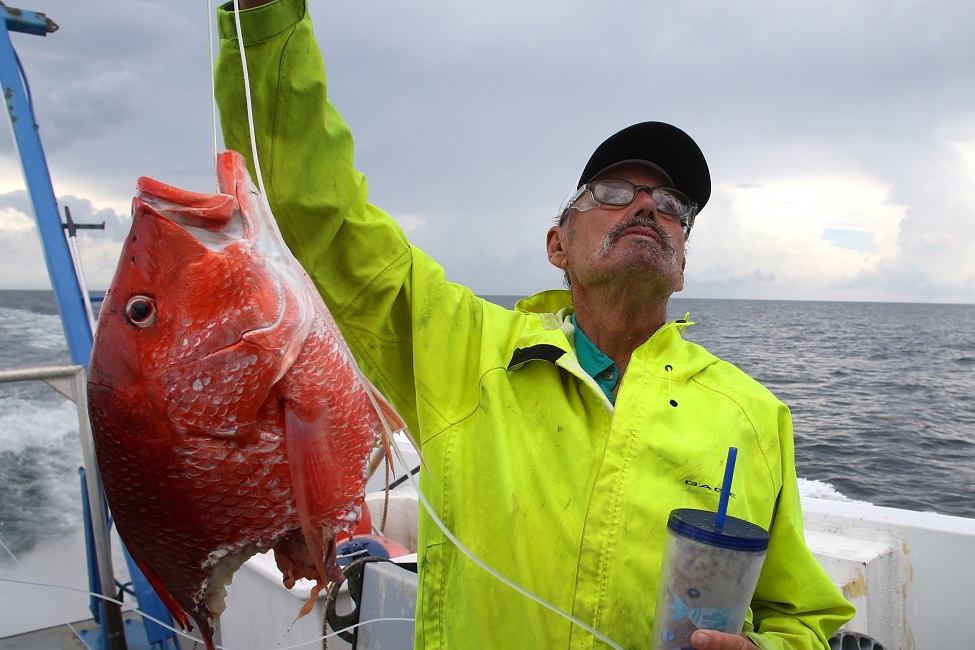
FAU Receives NOAA Grant to Assess Shark Interactions with Fishing
Researchers from FAU Harbor Branch will assess shark interactions with recreational fishing using a citizen-science approach, forensics and social media to gauge prevalence and species of fish involved.
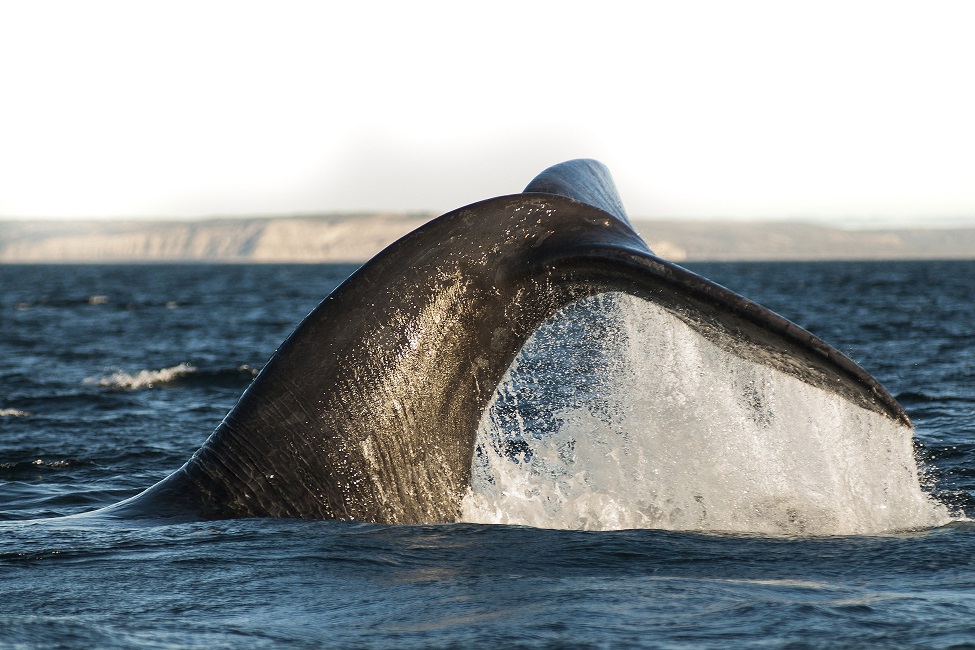
'Whoop' - New Autonomous Method Precisely Detects Whale Vocalizations
FAU researchers have developed autonomous passive acoustic technology that offers significant advances on conventional methods used to monitor and protect endangered whales in the increasingly noisy ocean.
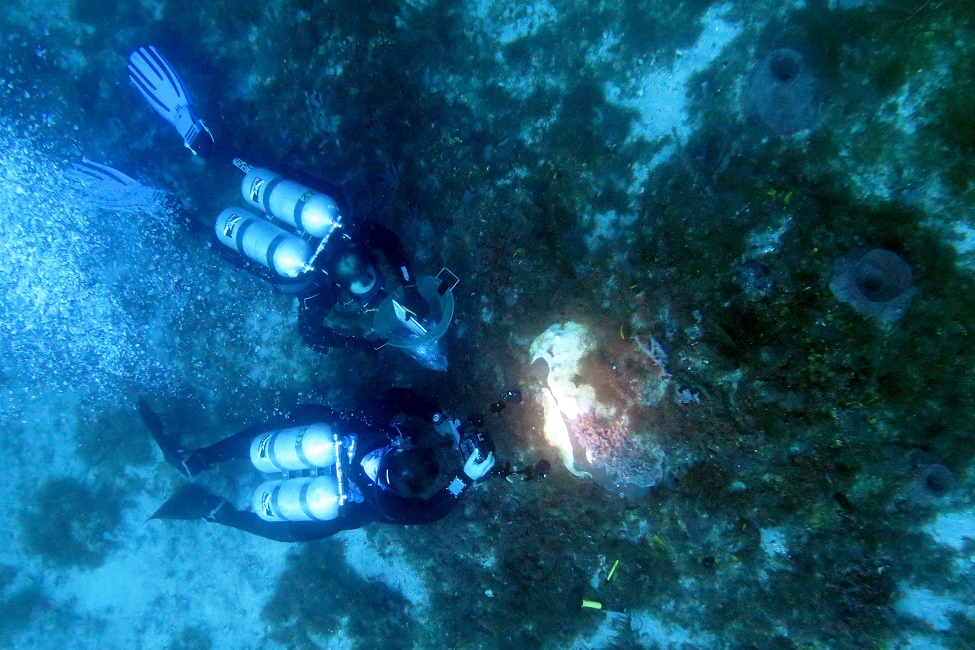
Low-cost 3D Method Rapidly Measures Disease Impacts on Coral Reefs
An FAU Harbor Branch technique is helping to gain insight into the poorly understood stony coral tissue loss disease, responsible for widespread coral death throughout the Tropical Western Atlantic.
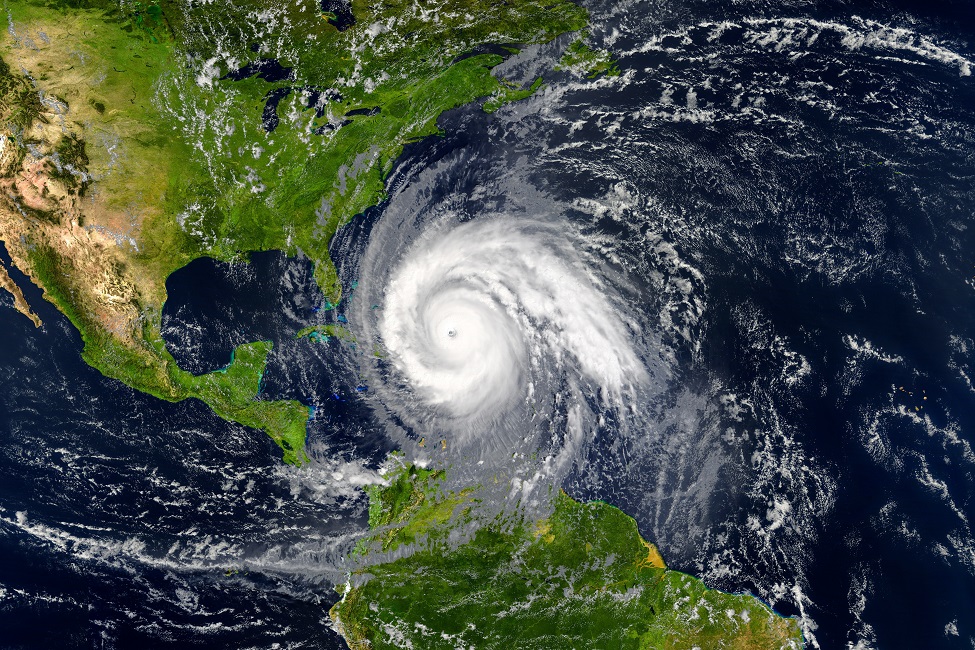
FAU Experts for the 2021 Hurricane Season
With hurricane season in full force, several Florida Atlantic University faculty experts are available to discuss various issues surrounding hurricane preparedness, evacuation and aftermath.
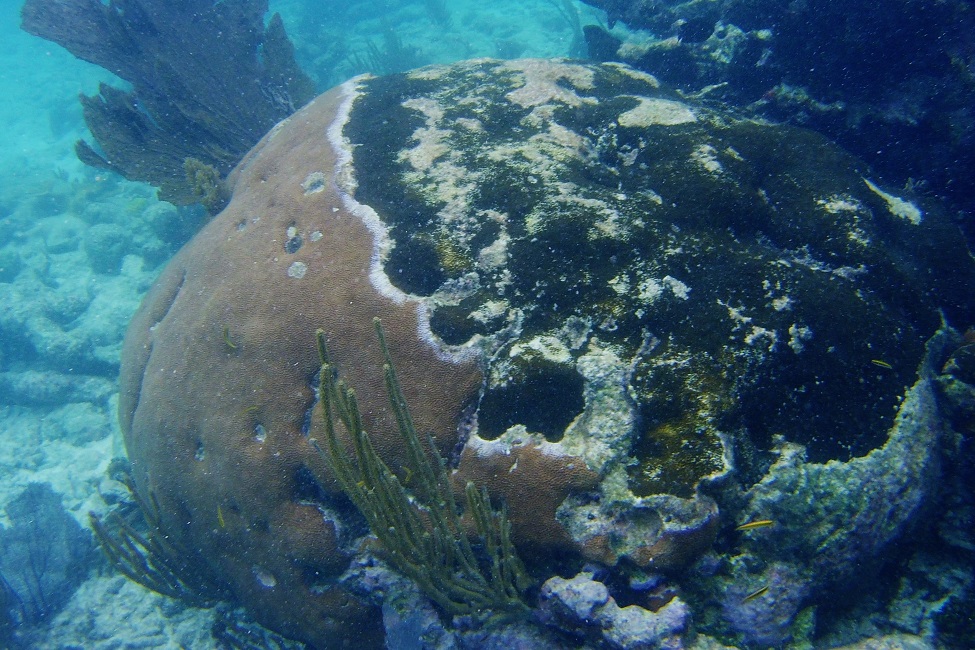
What's Killing Coral Reefs in Florida is Also Killing Them in Belize
A study is the first to offer evidence that nitrogen enrichment from land-based sources like sewage is driving macroalgal blooms and causing massive decline in hard coral cover in the Belize Barrier Reef.
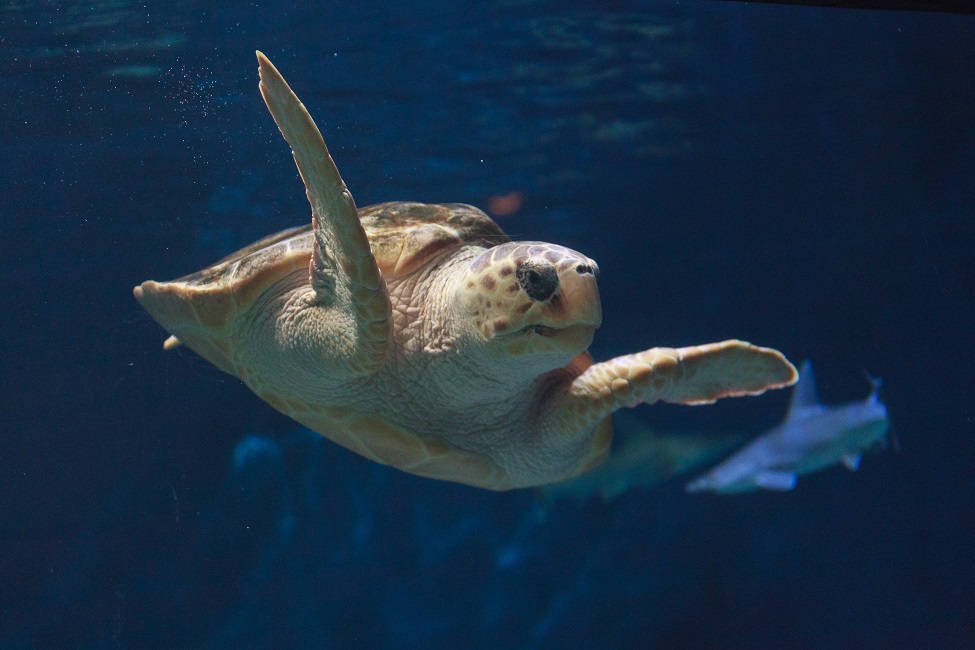
Scientists Help Debilitated Sea Turtles in Rehab Get the Right Diet
FAU Harbor Branch scientists and collaborators followed their "gut instinct" to address the nutritional needs of Georgia's debilitated loggerhead sea turtles in rehabilitation.
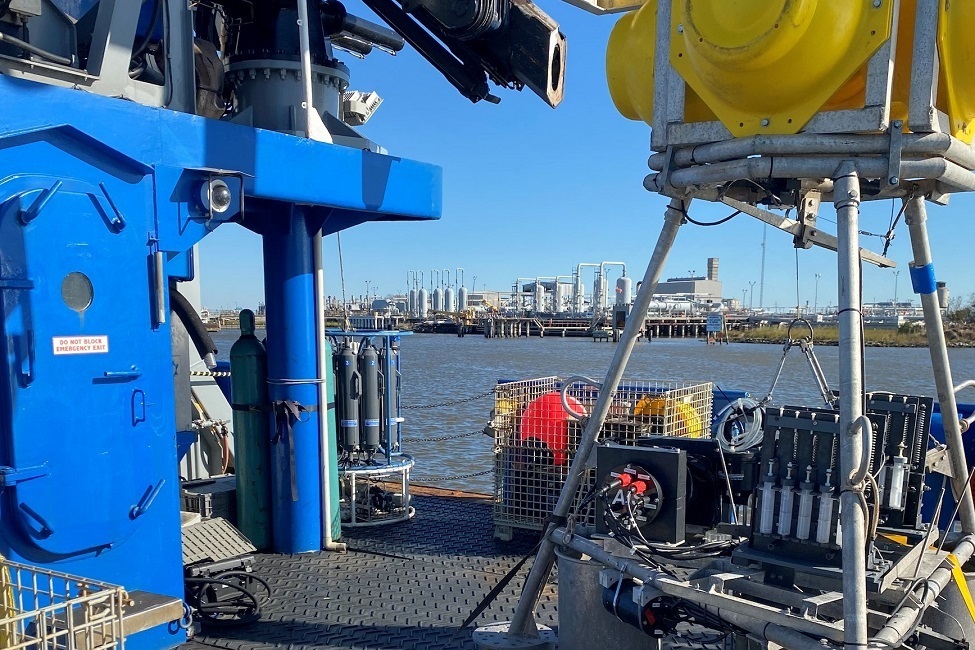
FAU Gets $736,000 from NASA to Study Coastal Carbon Budget from Space
The FAU Harbor Branch project will use satellite images, hydrodynamic modeling and field work in the Gulf of Mexico. FAU is among 10 in the nation and the only university in Florida selected by NASA.
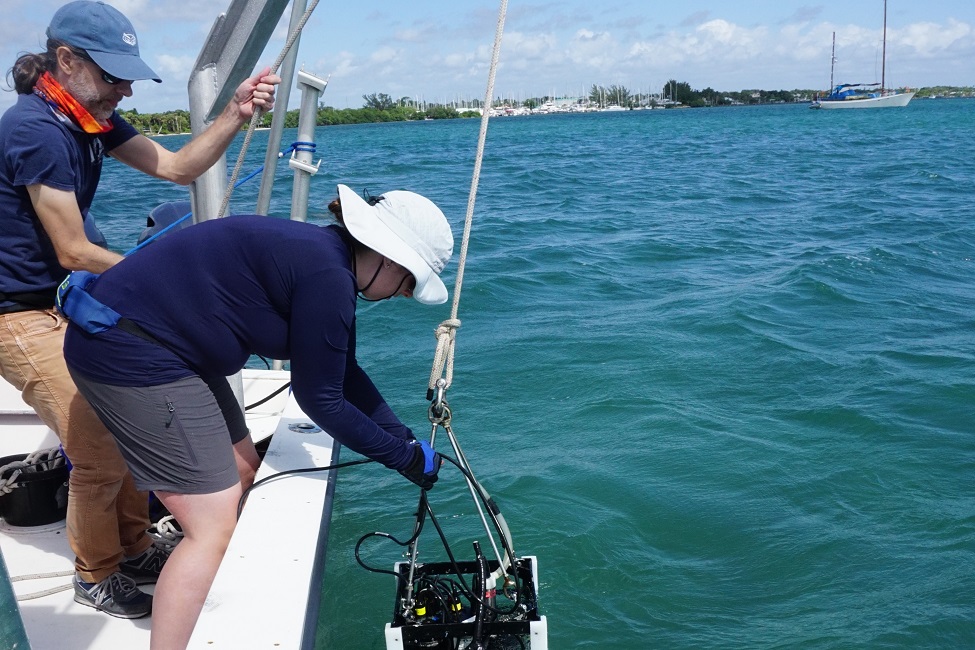
How Toxic is the Water's Surface on Florida's Indian River Lagoon?
According to a new study by researchers at FAU Harbor Branch, that depends on very specific environmental conditions and the type of toxin on the water surface of Florida's Indian River Lagoon.
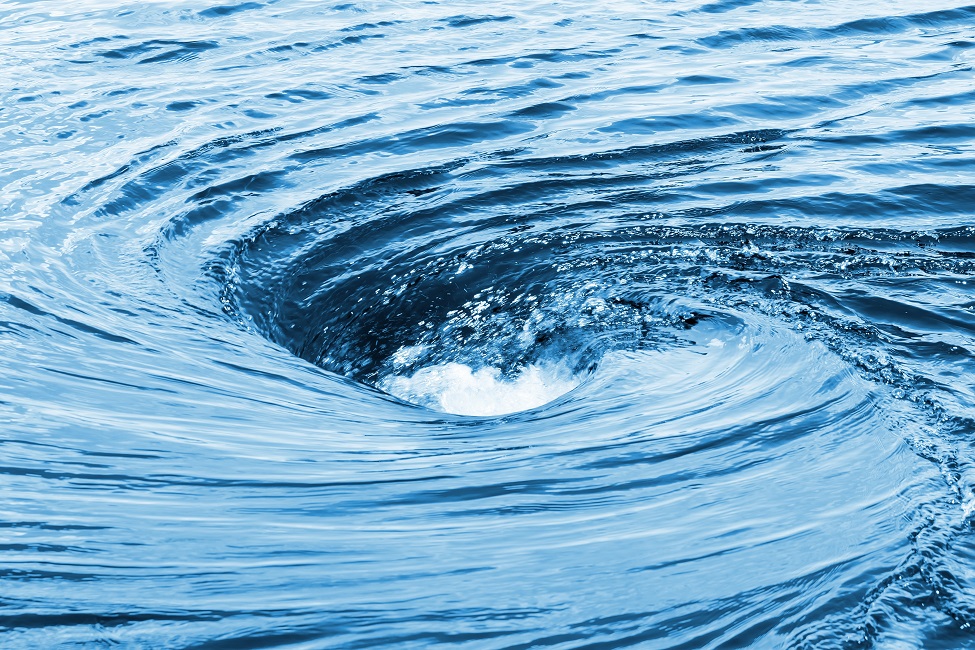
Origin of the 'Motion of the Ocean' in the Straits of Florida Revealed
A numerical study by FAU Harbor Branch is the first to identify mechanisms of instability responsible for the formation of sub-mesoscale eddies, which has important environmental implications.
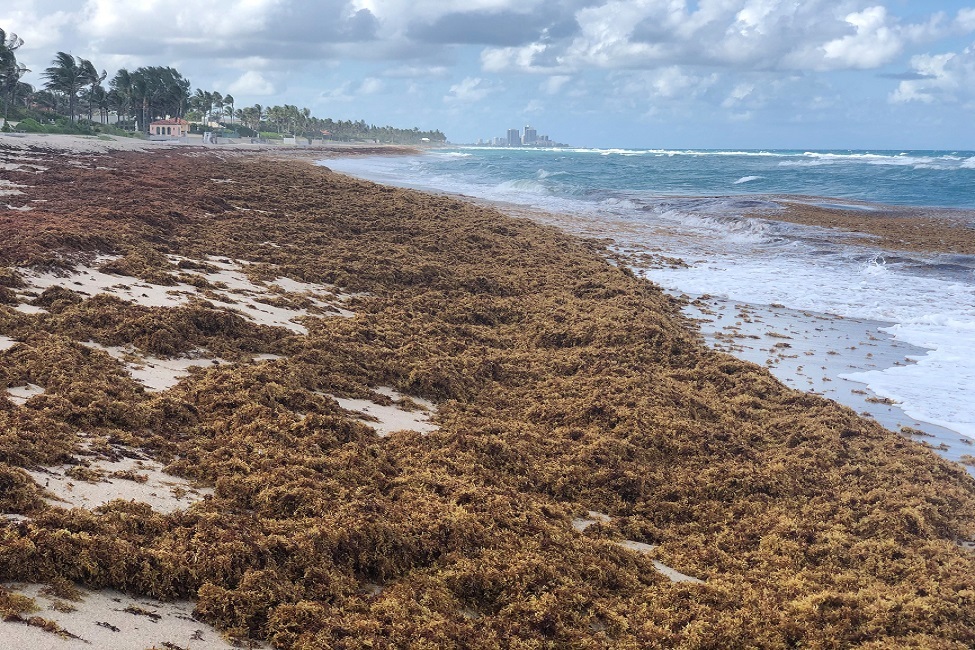
Sargassum Now World's Largest Harmful Algal Bloom Due to Nitrogen
FAU Harbor Branch scientists have discovered that a surge in nitrogen worldwide has dramatically changed the chemistry and composition of Sargassum, floating brown seaweed, turning it into a toxic "dead zone."